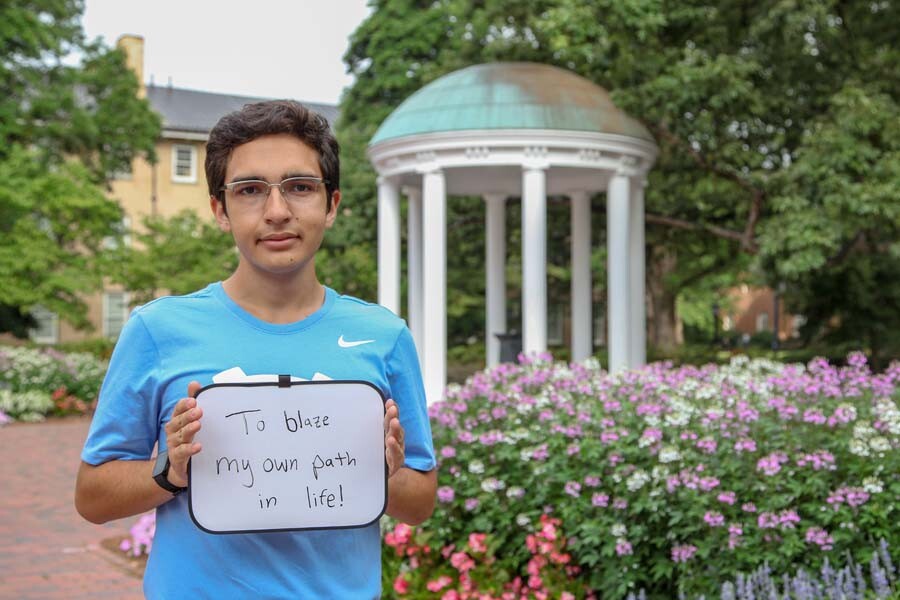
The following post was written by Global Gap Year Fellow David Gonzalez Chavez.
Listening and hearing are extremely different actions, but at the same time they’re often hard to differentiate. I’ve gone through most of my life hearing what people say; processing their words in a simplistic, surface-level manner for the purpose of advancing the discussion. I rarely put in the effort to go beyond the surface, to understand the emotions and lived experiences attached to those words. In conversations, I found myself diverting most of my focus not towards what I was being told, but instead towards how I might find a way to interject and force my perspective when oftentimes it might not be needed or valued.
Failing to truly listen to others is damaging during regular life because it breaks down communication. If I’m constantly searching for an entry point for my views, I’m not taking in the significance of the other person’s words: every word spoken becomes insignificant and transient instead of an expression of a complex emotion or state. In regular interaction this might not be too damaging, especially as most of us fall into the bad habit regularly, but for the service I’ll be partaking in on my gap year that isn’t the case; in Belfast, I’ll be working with people who have wide-ranging, oftentimes traumatic lived experiences that they might share with me as our relationships develop. My perspective has no place in any discussion surrounding these experiences, and anything other than concentrated listening and validation would be utterly inappropriate.
Active listening, as taught to me during one of the workshops at the two-week Global Gap Summer Institute, is the mechanism through which I can actively effect this change in my conversational and listening skills. During the workshop I was pushed to listen to members of my cohort without providing my perspective in any way, instead listening to their stories and views and experiences for minutes at a time while only replying with words of validation. I went in doubting the utility of silence and simple validation, but I soon realized how liberating it really was; the burden of having to think of my own perspective and force its entry into the conversation was lifted, and I was left with freedom to truly hear the other person.
During my service placement in Belfast, I know that I’ll have to hear about deeply troubling circumstances; the immense problems with sectarian violence, mental health, suicide, and domestic violence that face West Belfast will undoubtedly be things I hear about on a regular basis from both children and their mums, and I need to be able to deal with those situations effectively. I don’t want to shy away from listening to something that people want to share with me, but I also don’t want to do so in a disrespectful or ignorant way. I hope that with active listening, I’ll be able to be the kind of listener that I want to be instead of just ignoring or relying on simplistic hearing.
